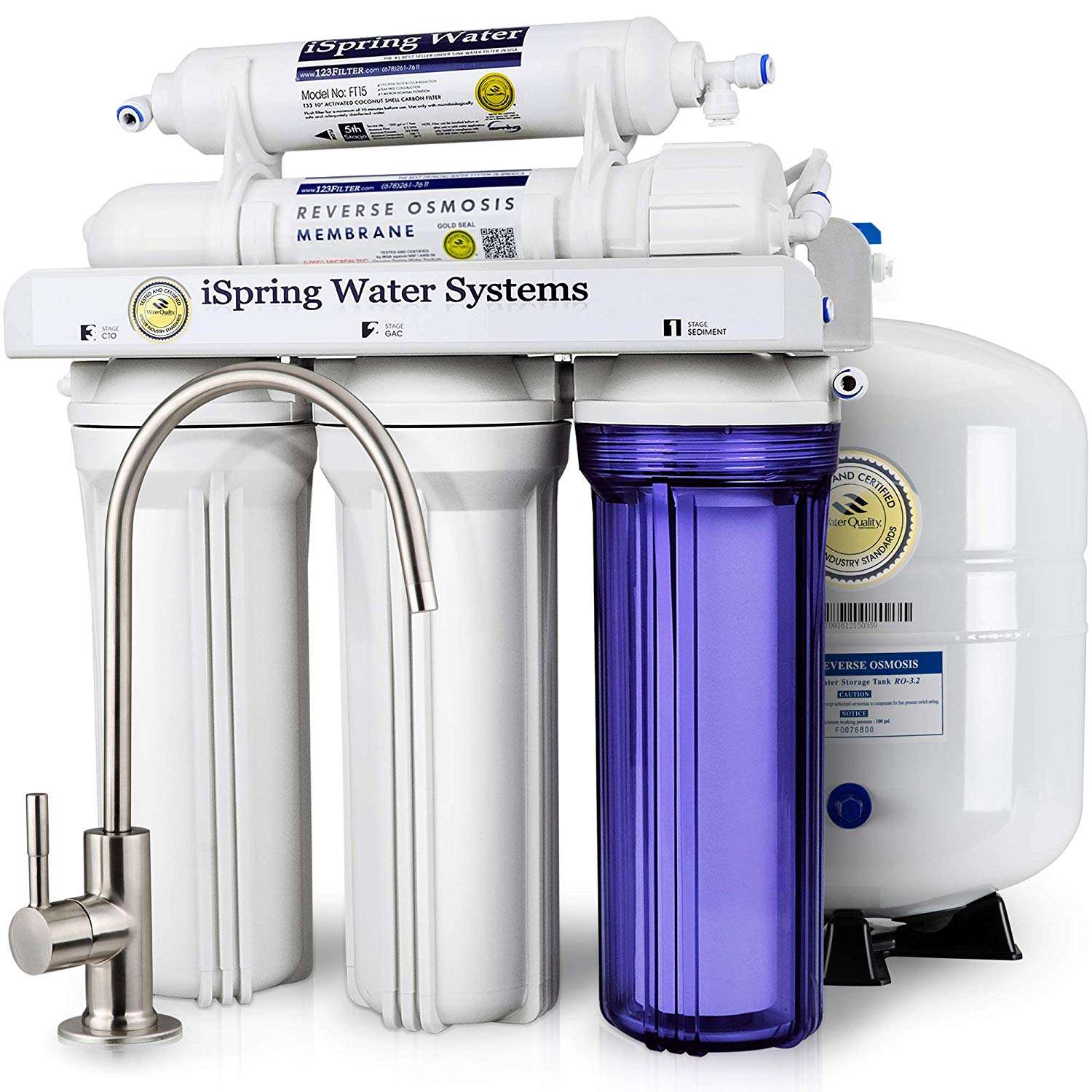What Is The Best Water For Coffee?
by Bryan Albuquerque
One thing that often gets overlooked when it comes to making a damn fine cup of coffee is the thing that would seem to be the most obvious: the water!
Any barista will tell you that the quality of your water is going to be key in the flavor of the coffee you’re making.
Using bad-tasting water? Expect to get bad-tasting coffee.
Tap water, which often doesn’t taste very good in a lot of locations, is a common culprit for ruining what might be an otherwise tasty cup of coffee.
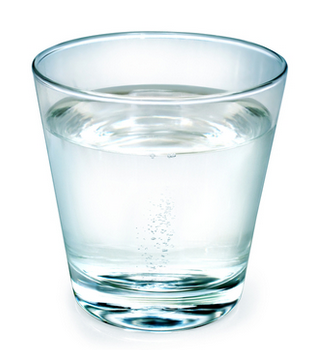
Also, the water you use, depending on what’s in it mineral-wise, can really affect the equipment you use to brew your coffee as well.
Too many minerals in the water have been known to afflict all sort of different coffee gear, as you have probably experienced yourself if you’ve spent years brewing coffee or tea.
The wrong water can ruin your equipment.
Amount Of Total Dissolved Solids In Your Water (Coffee)
Pro baristas will tell you that your water needs to be balanced when it comes to the amount of total dissolved solids (or T.D.S.) that it contains, because although your coffee beverage is 97% water, there is still some other particles in there, and that stuff is what mingles with your coffee to give it its flavor.
Make no mistake, stripping away all of those total dissolved solids completely is not the goal when it comes to water filtration, but neither is having too much.
The correct amount is somewhere around 150 parts per million T.D.S., which will give you some truly beautiful coffee.
If you want to check your water’s T.D.S., you can take a look at a T.D.S. meter like this popular model by HM Digital (pictured right) which we highly recommend.
Here’s a video to show how it works…
Now that you get the general idea about how T.D.S. meters work, we should tie this information back in with coffee.
Remember – water with higher amounts of T.D.S. (upwards of 200 PPM) are going to adversely affect your coffee’s flavor, but water that has no T.D.S. in it isn’t going to taste very good, because your coffee needs some amount of minerals in it to react to, giving your fresh ground coffee the complexity it deserves when it comes into contact with water.
Here’s a quick video from barista Mike Jones at Third Rail Coffee in New York City, talking about what he thinks it takes to make a great cup of coffee and – no surprise – water is right up there with the most important things you’ll need to keep in mind…
Now that we’ve established that we need to look out for the amount of T.D.S. in our water when it comes to coffee, you might be wondering just how different regular old tap water is from some sort of filtered water.
Some might say that it can’t be that different, can it? Well, to get an idea of what your cup of coffee will look / smell / taste like when you use one type of water or the other, let us direct you over to here to…
Kinetico’s Tea Test
This video here by water filter experts Kinetico will give you some idea what a cup of tea looks like when the tea bag is steeping in some hot tap water, versus some hot filtered water.
Don’t worry, its not too disgusting, but it is rather interesting and a bit of an eye-opener.
Hm, so now things are starting to become more clear.
However, it leads us back to the same conclusion we probably already knew – that our tap water is quite possibly not suitable for making coffee, and we shouldn’t use it for our coffee if we want it to taste good.
Now, let us assume for the sake of argument you grind your favorite coffee beans fresh using some sort of high quality burr grinder.
You can be the expert of experts on grinding with the best beans possible, and it still won’t save your cup of coffee if you plan on using some run of the mill tap water with a high amount of total dissolved solids.
Best Options For Getting Good Quality Water
The way we see it, there are two basic options.
Brita Filter
| Ispring Rcc7 High Capacity Under Sink 5-Stage Reverse Osmosis Drinking Filtration System And Ultimate Water Softener-Wqa Gold Seal Certified, White |
|---|
A Brita filter is probably the most obvious choice when it comes to improving the overall quality of your tap water.
At less than $30, you can get yourself a 10-cup pitcher plus the all-important filter itself, which will be a real game changer when it comes to your cup of coffee’s taste.
It might not be the ultimate solution to changing the taste of one’s water, as the filter is not the most advanced of filters, but its definitely worth a try, and it beats buying bottles of water.
Of course, not only is a Brita filter going to improve your coffee’s flavor, its going to improve everything’s flavor.
From your food, to coffee and tea, and even your dog is going to be lapping up some higher quality filtered water out of his dog dish thanks to the Brita water filter.
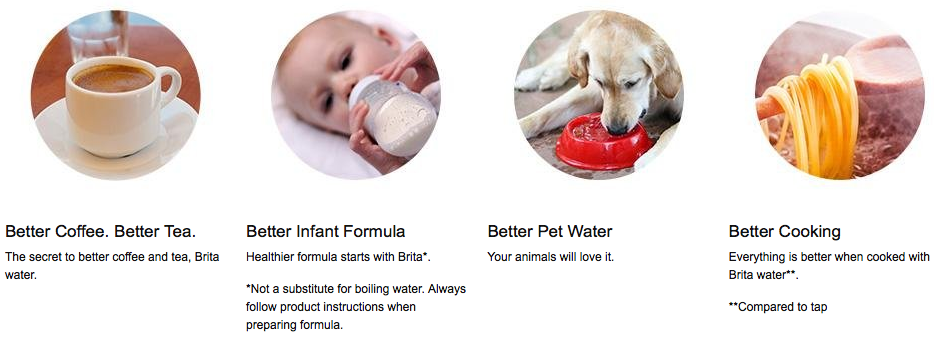
It is important to note that your Brita filter isn’t going to turn the worst tap water into delicious mountain spring water.
What it will do is remove some of the T.D.S. from your tap water to give you a lower amount of it when tested by a T.D.S. meter.
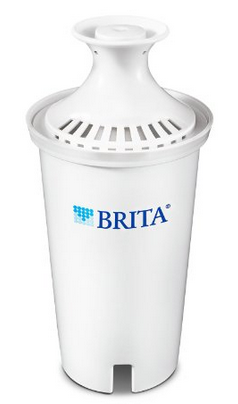
For instance, if you have tap water that has a reading of 300 PPM (parts per million), your Brita might knock off 20% of that, to give you something a little more palatable when it comes to your cup of coffee.
Brita is a trusted name in water filtration that people have been using for years, and this reflects in the reviews it has gotten over the years.
For the most part, people love their Brita filters, and we think that there’s no reason to doubt that it will improve the taste of your coffee in a very noticeable way.
iSpring RCC7 Reverse Osmosis Water Filter
| Ispring Rcc7 High Capacity Under Sink 5-Stage Reverse Osmosis Drinking Filtration System And Ultimate Water Softener-Wqa Gold Seal Certified, White |
|---|
If you want a more dramatic and permanent solution to this problem we’ve been talking about, maybe its time to look at something like a reverse osmosis filtration system, like the one pictured left, AKA the iSpring RCC7 Reverse Osmosis Water Filter.
This elaborate water filtration system will cost you roughly $180 on most online stores, and one thing we can say for sure is that it has a great reputation according to our research on this product.
In fact, it has a reputation where people really have nothing but good things to say about it. Pretty amazing for such a complicated looking device!
Reverse Osmosis Water-Coffee Debate
While there seems to be no doubt that the iSpring RCC7 reverse osmosis system is great at what it has been designed to do, there is some debate in the coffee-brewing community about whether or not a system like this will or won’t simply eliminate too many total dissolved solids which are necessary for brewing great coffee.
As we said before, there is a balance, and there are some people out there who advise against reverse osmosis water for the purposes of brewing coffee, like coffee shop owner Paul Mark who runs Transcend Coffee in Edmonton, Alberta, Canada.
Its only fair to hear both sides of the argument, we think.
Hear him speak about it below:
Reverse Osmosis Water Can Work Wonders For Coffee
Now while the information Paul gives us here may be true in some cases, we do not agree that you shouldn’t use it for the purposes of making better tasting coffee.
When it comes to the iSpring RCC7 water filter, many buyers have spoken out specifically to compliment how well they feel this water combines with ground coffee to give them their own ultimate cup of joe, which sort of flies in the face of saying that RO water isn’t going to make your coffee any better.
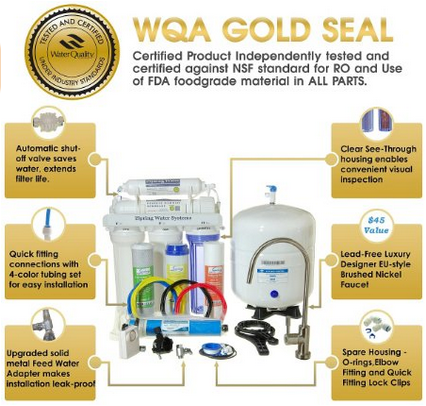
The iSpring RCC7 certainly is one of the best-reviewed, best-rated products for its price range we’ve seen on Amazon or anywhere else for that matter, and there’s no doubt that it is a keeper when it comes to filtering water which is delicious.
Now, will it pass the T.D.S. test we’ve been going on about in terms of having the right mineral count for your daily cup of coffee? That all depends where you come from, and what the water’s like in the first place.
Depending on such factors, having a complete water filtration system like the iSpring RCC7, or a similarly excellent system, might be just what you need to give you the ability to make top notch espresso and coffee at home.
It is a pretty big investment, but if you really value your coffee (and have terrible tasting tap water), this could be the solution you’re looking for.
The Best Water For Coffee – Our Conclusion
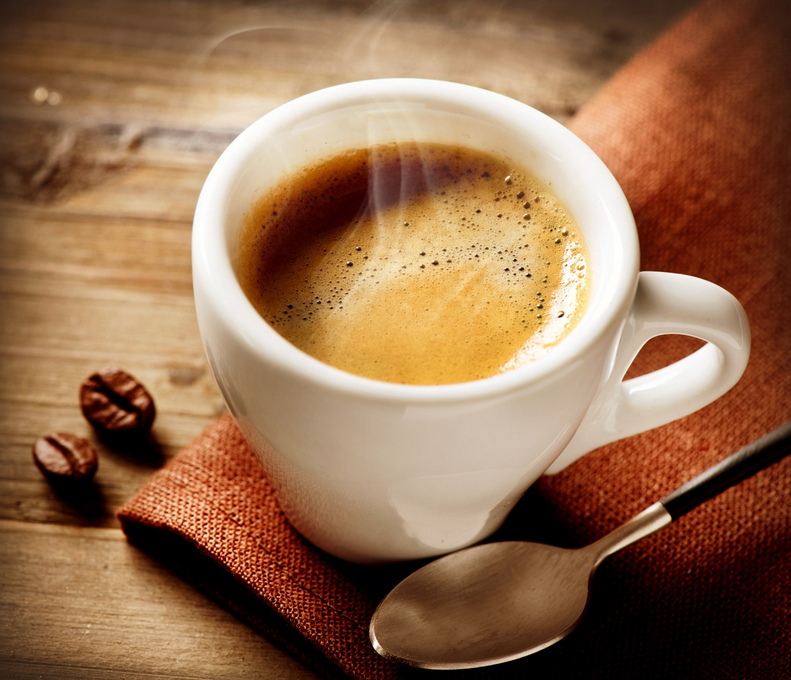
One thing is for sure, and that is that coffee is about 98% water so how can it not affect its taste.
The reason we felt the need to write this article was partly because so many people complain about their coffee’s taste, and yet many people overlook the water as the main cause.
On the contrary, water is at the top of the list for probably causes of bad tasting coffee.
How does one deal with this issue? Filtration is one answer, and from there it depends on if you want to spring for a Brita and give that a try, or just go all the way and install an RO filter in your home.
Ultimately, in the quest for better tasting coffee, starting with great water is imperative and so getting that looked after ASAP we think is a great idea.
Happy coffee drinking!
 |
 |
 |
 |

About Bryan Albuquerque
Bryan Albuquerque is a coffee lover and vaping advocate who writes reviews and information about coffee accessories and KYG. A former coffee addict, Bryan traded his morning fix for an electronic cigarette in an effort to quit smoking, and has never looked back. He's dedicated to helping others make the switch to vaping, and believes that it's one of the best decisions anyone can make for their health.
Thoughts on "What Is The Best Water For Coffee?"
 |
 |
 |
 |
Get FREE Coffee Gifts now. Or latest free grinders from our best collections.
Disable Ad block to get all the secrets. Once done, hit any button below
 |
 |
 |
 |

